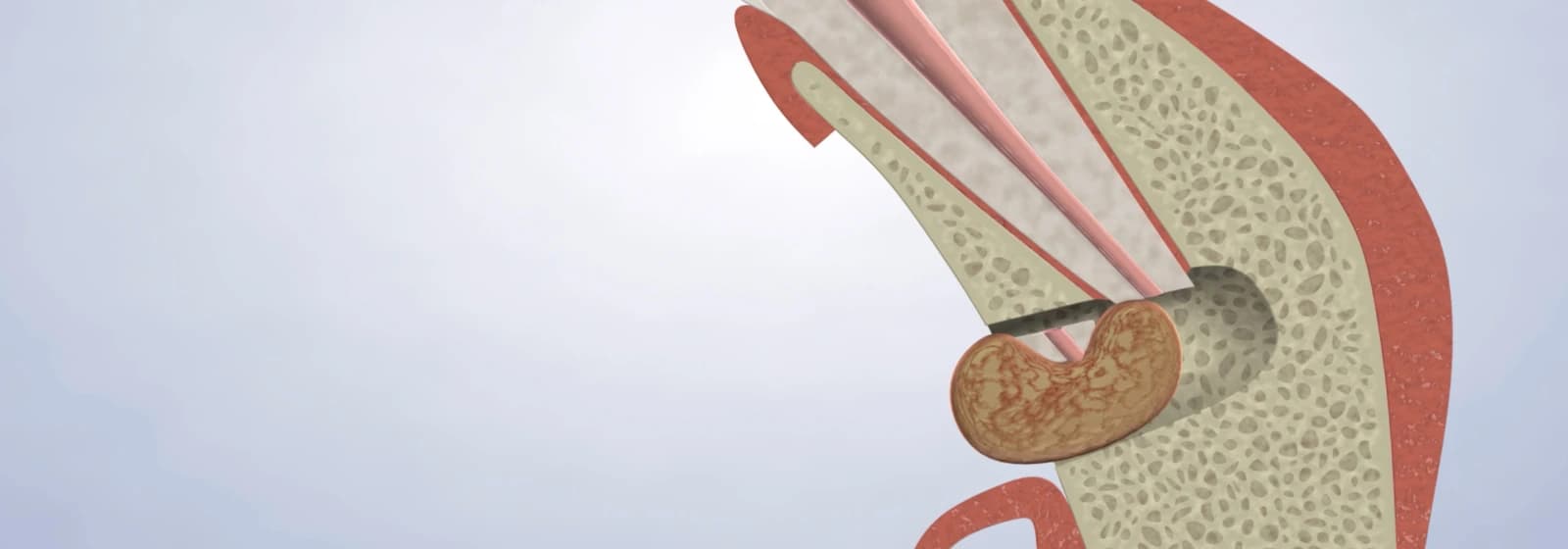Root canal treatment is often very effective at removing infected dental pulp. In some cases, a tooth may not heal properly following the root canal procedure. When this happens, root canal retreatment, or endodontic retreatment, is performed to give the tooth a second chance at being saved. A sign that you may require retreatment is if you are experiencing tooth pain following root canal therapy.
Contact Lubbock Dental Specialists in Lubbock or Amarillo, TX, if your tooth has not healed properly after a root canal or if you are experiencing severe tooth pain. Dr. Scherer will evaluate the tooth to determine if retreatment is necessary and help you find relief from discomfort.
When Is Endodontic Retreatment Necessary?
A tooth may fail to heal after root canal therapy for a number of reasons, such as:
- The root canals are curved or narrow, and restricted portions of the root were not treated initially
- The crown was not placed in a timely manner following the root canal procedure
- A new cavity has formed, damaging the crown and exposing the dental pulp to bacteria
- The tooth has a crack or fracture, allowing bacteria to reenter the root canal
If you have undergone root canal treatment, you will be able to tell if the tooth has not healed because you will likely experience tooth pain or sensitivity. Contact our office if you are in pain after root canal therapy, as you may require retreatment.
Is Root Canal Retreatment Common?
Root canal treatment is often an effective measure taken to preserve natural teeth. When the affected tooth heals properly, the results from root canal therapy can last a lifetime. It is relatively rare for an infection to persist or for a tooth to not heal after root canal treatment. Should this occur, you can count on our team at Lubbock Dental Specialists to make every effort to save your natural teeth while providing a comfortable and positive dental experience.
The Endodontic Retreatment Procedure
During the consultation, Dr. Scherer will take 3D scans of your mouth and examine your teeth. Endodontic retreatment typically only requires local anesthesia, although we offer many options for your comfort.
To retreat the tooth, we will numb the area with a local anesthetic. Dr. Scherer will remove the crown that is attached to the tooth and access the root canal. Similar to the process of a standard root canal treatment, we will remove the filling and inflamed tissues and clean the inside of the root canals. A new filling is then inserted into the root canal. If the canals are too narrow, endodontic surgery may be necessary to seal part of the root’s tip. Following the root canal retreatment, you will visit your restorative dentist to receive a new dental crown.
This procedure takes about the same time as a standard root canal treatment, which is about 30–60 minutes per tooth. You can expect your gums to feel a little sore for several days after the procedure and try to stick to soft foods until they heal. Most patients recover from endodontic retreatment in just a few days.
Root Canal Treatment in Lubbock and Amarillo, TX
Dr. Scherer at Lubbock Dental Specialists is the root canal expert in Lubbock and Amarillo, TX. We look forward to preserving the health of your natural teeth and helping you find relief from dental pain. To find out how much your root canal treatment would cost, explore your payment and financing options, and schedule an appointment, contact our office today.

